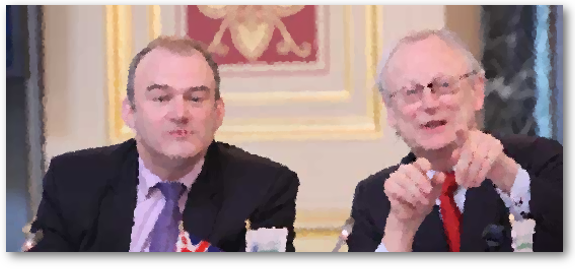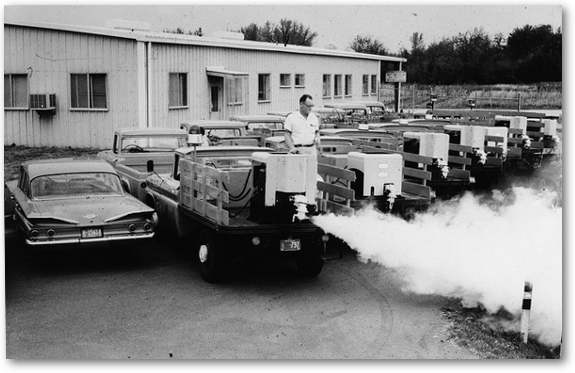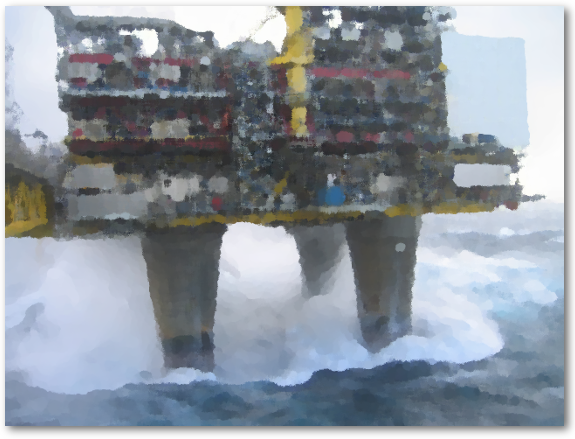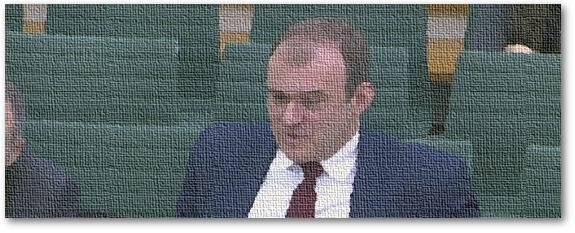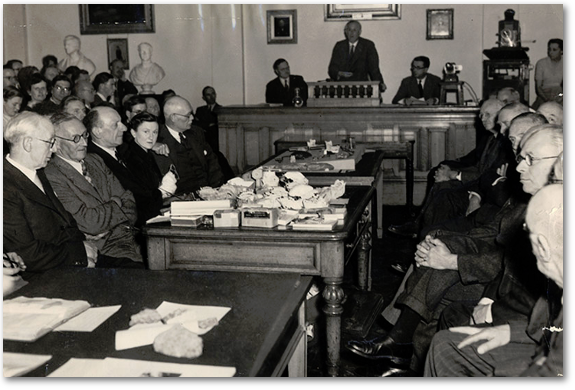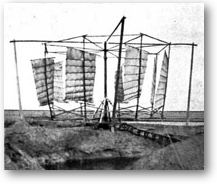 Bishop Hill
Bishop Hill Targeted?
 Dec 12, 2013
Dec 12, 2013  Climate: Sceptics
Climate: Sceptics  I got an email today. It purported to come from dragonslayer John O'Sullivan, although a cursory look suggested that it was spam; the title was "hey" and the content consisted only of two links to websites, apparently something to do with architecture in France. I deleted the message.
I got an email today. It purported to come from dragonslayer John O'Sullivan, although a cursory look suggested that it was spam; the title was "hey" and the content consisted only of two links to websites, apparently something to do with architecture in France. I deleted the message.
A few hours later, however, David Holland got in touch to say that he'd also received a copy, and pointed out something odd about the message: the list of addresses was, apart from the two of us, as follows: Arthur B Robinson (of Oregon Petition fame), John Roscam of Australia's Institute of Public Affairs, BH regular Don Keiller and Peter Gill, who is also fairly well known in sceptic circles.
Are we being targeted?



